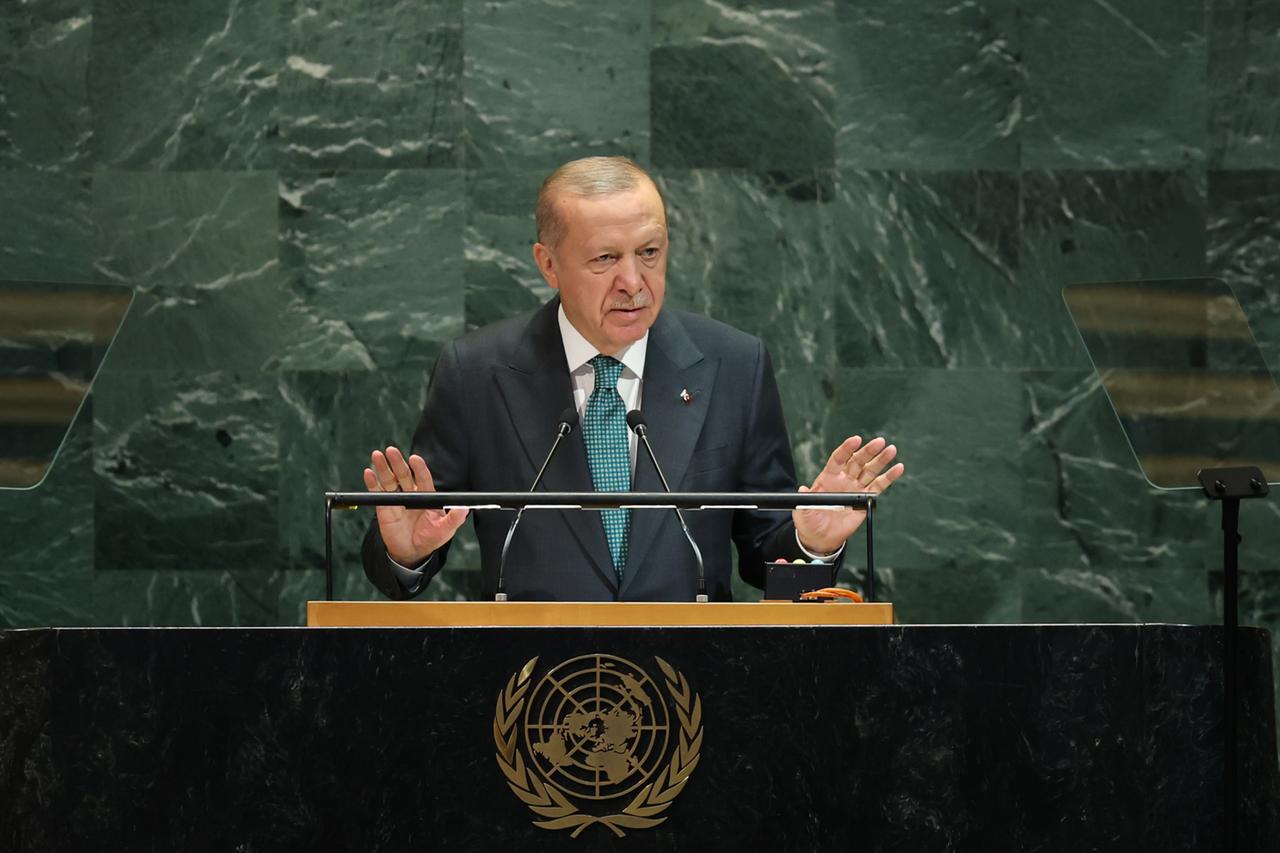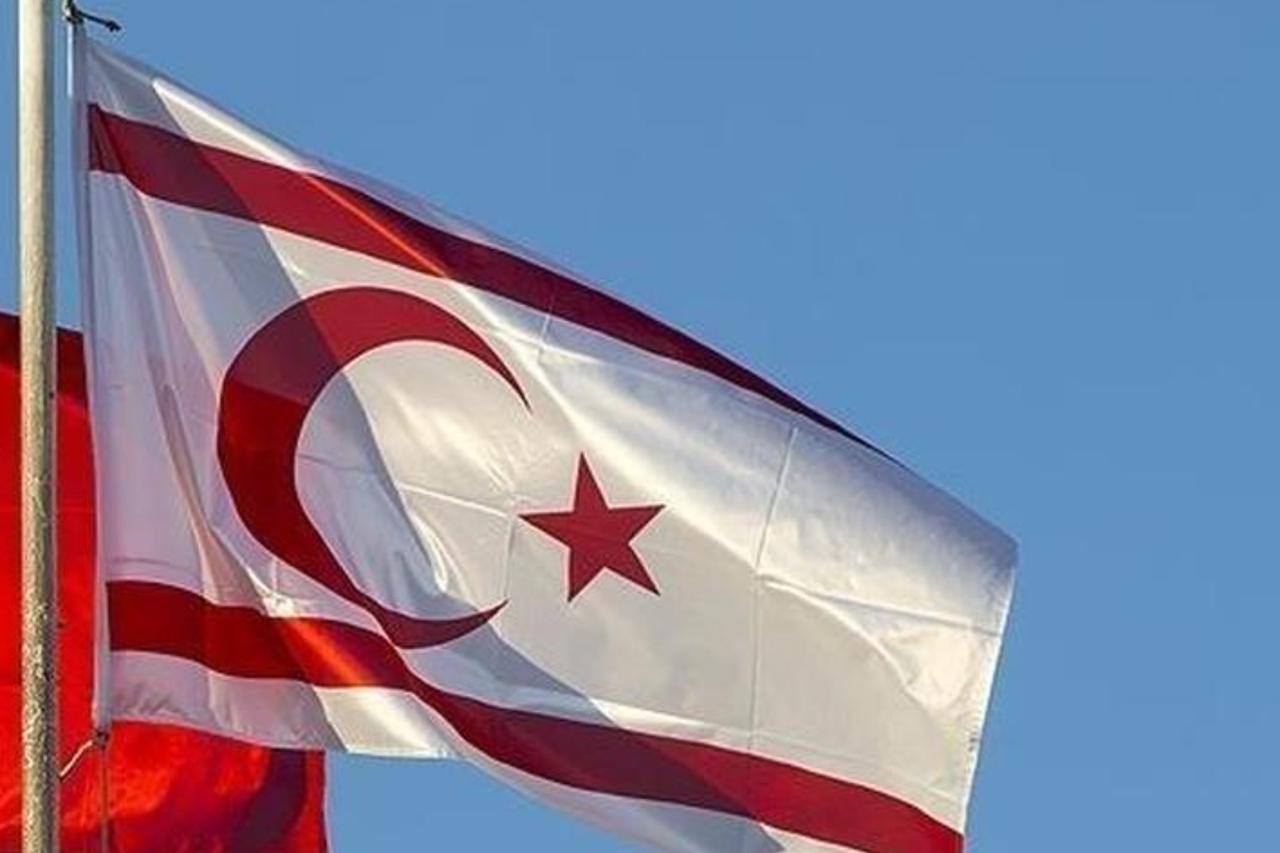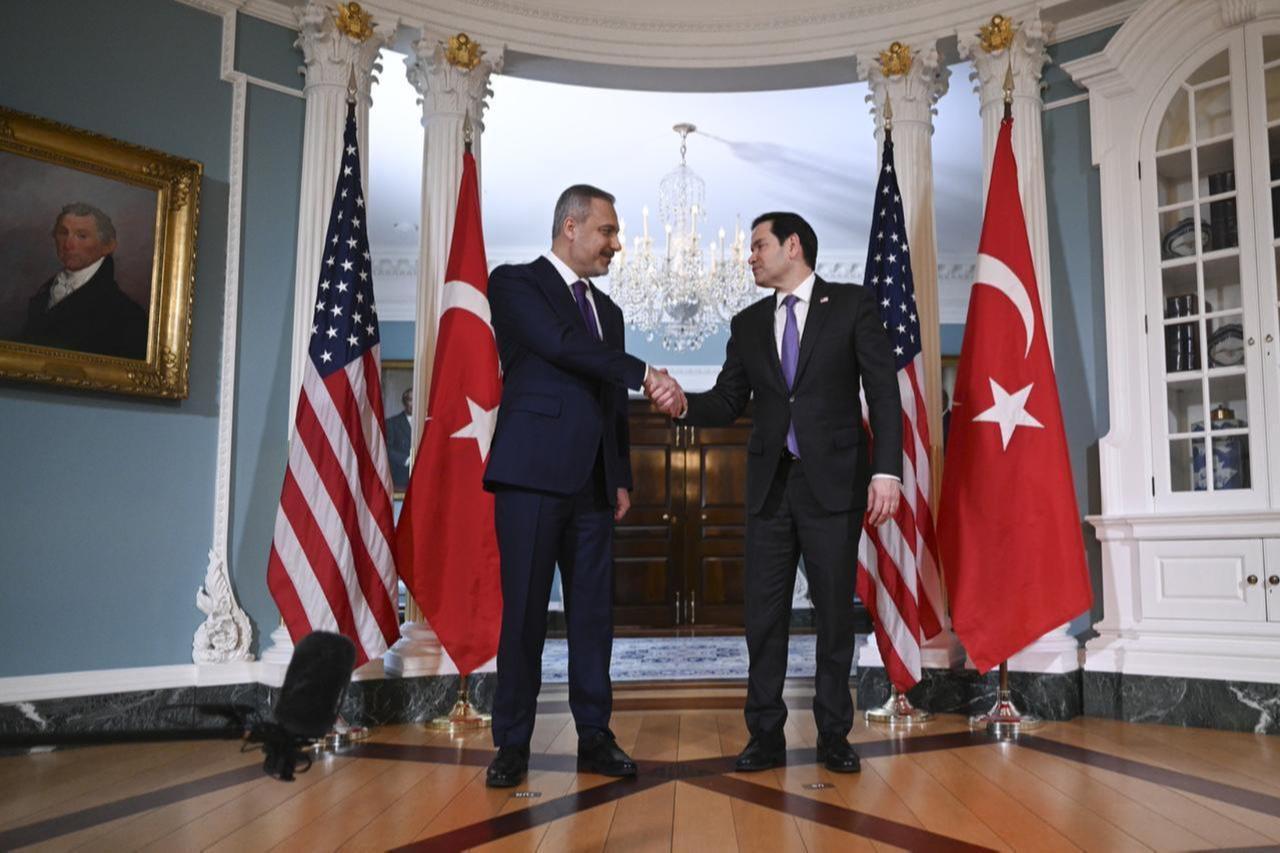
President Recep Tayyip Erdogan used his address on Tuesday to the United Nations General Assembly to condemn what he called the "unjust isolation" of Turkish Cypriots, demanding the international community end a practice he said has persisted for half a century.
Speaking from the UN podium, Erdogan characterized Cyprus as having "two states and two peoples," asserting that "the Turkish Cypriots will not accept being a minority." The remarks touch on one of the Mediterranean's most enduring political disputes, where the island remains divided between the internationally recognized Republic of Cyprus in the south and the Turkish Republic of Northern Cyprus, recognized only by Türkiye.
The Cyprus issue has remained unresolved since Türkiye's 1974 military intervention following a Greek-backed coup. The northern third of the island has been under Turkish control since then, with numerous UN-mediated reunification efforts failing over the decades.
Beyond Cyprus, Erdogan outlined Türkiye's broader regional vision, stating his country seeks to transform the Aegean and Eastern Mediterranean into a "basin of stability" while respecting all parties' legitimate interests and remaining open to constructive cooperation.

The Turkish leader addressed multiple international crises, emphasizing that there are "no winners in war, no losers in a just peace." He pledged Türkiye would "continue efforts for a ceasefire" in the Russia-Ukraine conflict, positioning his country as a potential mediator in the ongoing war.
Erdogan also called attention to the crisis in Sudan, describing the establishment of sustainable peace there as the "shared responsibility of the international community" and promising continued Turkish efforts toward that goal.
Regarding Syria's political transition following the fall of Bashar al-Assad's government, Erdogan expressed optimism about the country's future. "As stability takes root in Syria, there is no doubt that the winners will be the Syrian people, along with all neighboring countries and our entire region," he said.

In a notable emphasis on bilateral relations, Erdogan highlighted Türkiye's efforts to strengthen ties with the United States, describing America as Türkiye's NATO ally and the UN's host nation. He specifically mentioned cooperation in "trade, investment, energy, and the defense industry" as priority areas for enhanced partnership.
The comments come as Türkiye seeks to reset relations with Washington after years of tensions over various issues, including Türkiye's purchase of Russian S-400 missile systems and disagreements over Syria policy.
Erdogan renewed his longstanding critique of the UN Security Council's structure, reiterating Türkiye's position that the "world is bigger than five" — a reference to the five permanent Security Council members. He vowed that Türkiye would "patiently continue its struggle to build a more just world" until a system is established where "the righteous are powerful, not the powerful righteous."
The Turkish president also addressed contemporary global challenges, including artificial intelligence and social issues. "Artificial intelligence technologies should be used for the benefit of humanity, not as a new tool of domination," he said, calling for responsible development of emerging technologies.
In an unexpected turn toward social policy, Erdogan warned that the institution of family faces threats "as never before" and promised Türkiye would continue to defend traditional family structures.